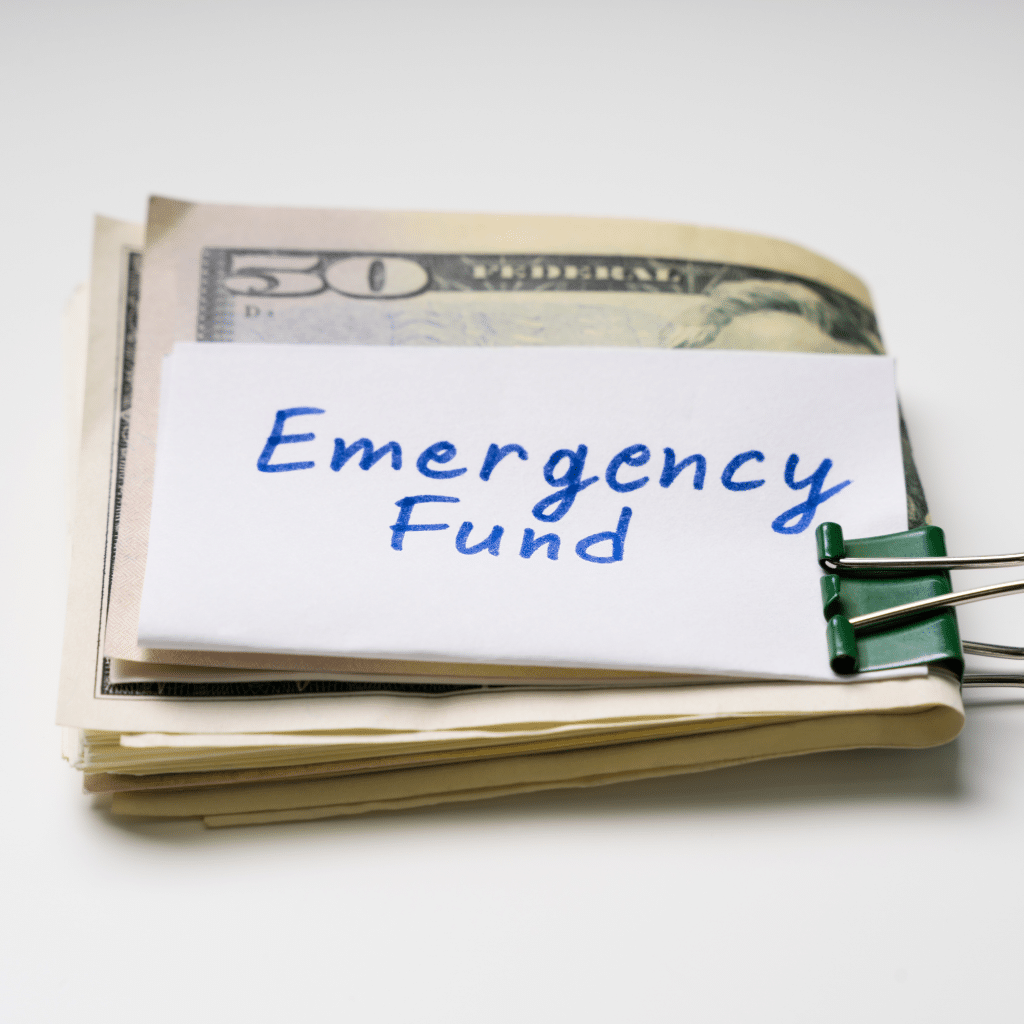Multiple Bank Accounts for Budgeting: Does It Actually Work?

Hello, my friends, and welcome back to yet another blog where we talk all about finances and financial abundance. It’s so great to have you here! Today, we are going to be talking about whether multiple bank accounts for budgeting works.
Now, before you think I’ve completely lost it with this one, let me just tell you that you may be surprised with the results as I was! I think we can all agree that the vast majority of people are saving up for something.
Whether it’s for a house, new car, college, or floor seat to a Harry Styles concert, we’re all in the same boat. You get the point. So, before I go off again on a tangent like I always do, let’s get right into it today so we can debunk this myth once and for all! Shall we?
Read More: Time vs Money: Which is More Important to You?
Multiple Bank Accounts for Budgeting Benefits
When we think about budgeting, we automatically think about limiting our spending on unavoidable expenses and staying organized.
However, many people don’t consider that having multiple bank accounts for budgeting can further maximize your budget. Let’s look at some of the benefits of this!
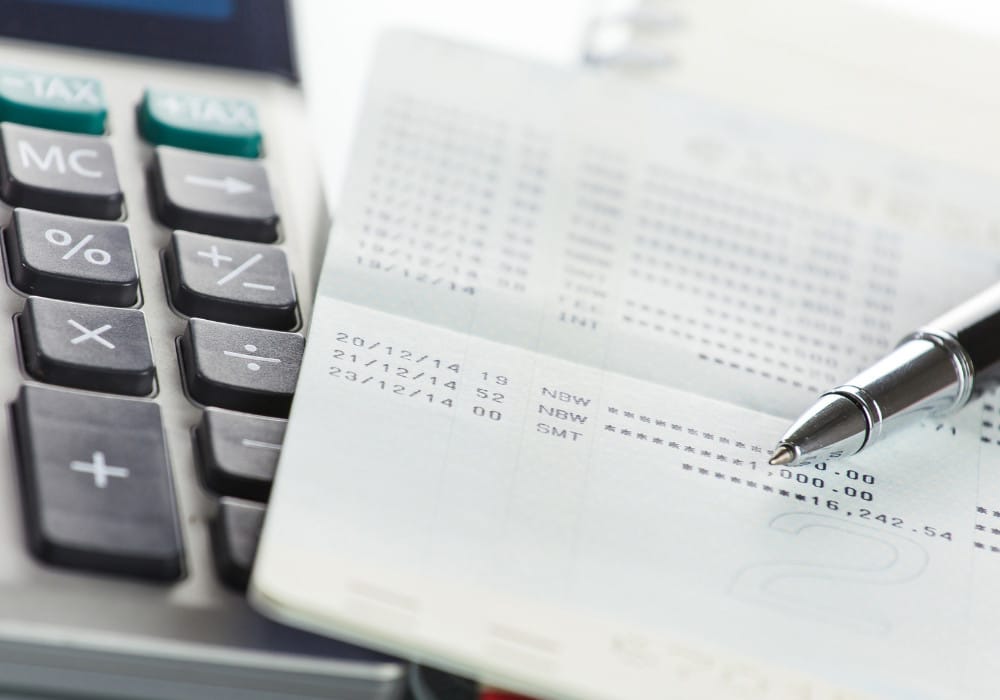
Stay as Engaged With Your Budget as Possible
People tend to view saving money as a passive activity. You put money into a savings account here and there, and it just sits in one savings account. You know it’s just sitting there, but you don’t really know what it is sitting there for. This is why you should be splitting your savings into separate accounts! Why, you might ask?
Well, by splitting your savings further into different accounts, you can pay more attention to each savings goal rather than just passively putting money into one account.
I suggest splitting your savings into other purposes such as vacation or a new car, down payment on a house –you get the point!
Then, when you do end up logging into your account, you will see each individual goal you have set for yourself, which will make you more excited and determined to meet that savings goal!
You can even set up reminders on your phone to help you stay on track with each individual purpose as well!
Further, Improve Your Organization
Staying organized when you are trying to budget and save is one of the most important things you can do to improve your overall finances. And I’m not just talking about organizing your expenses, because we already know this. I am talking about savings, of course.
When you organize your savings into different categories, you clearly understand where you are with that specific goal.
Whereas if you were to keep your savings in one account, your dreams get meshed, and it’s harder to keep track of where you actually are with your savings plan.
It’s also easier to overspend your savings when you don’t have specific categories for each goal. This is why separating your savings into different categories makes the most sense!
Separate Your Emergency Fund Out
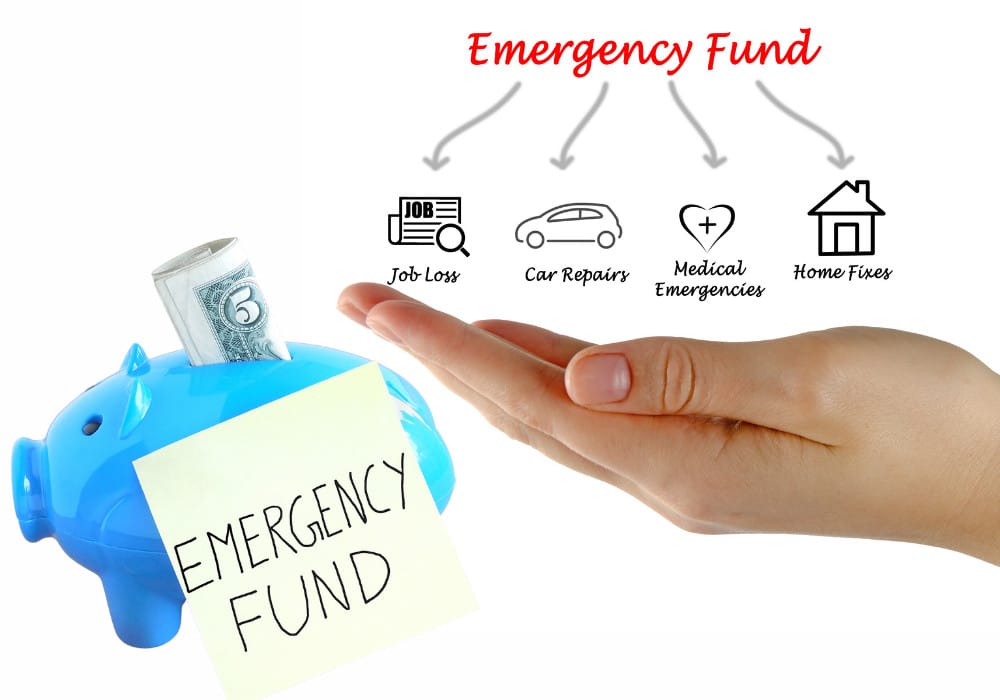
Emergency funds are there for a reason! This is why having your emergency fun mixed in with all your other savings goals is a huge mistake for people trying to save responsibly.
By separating your emergency fund out, you are less likely to spend that money on a vacation or a new car. Suppose you are hesitant to separate all your savings out into separate accounts.
In that case, you can always just separate your emergency fund out just to be safe and keep the rest of your savings in one account. However, I do suggest separating and getting specific with each of your goals.
Read More: How to Be Good With Money [7 Effective Tips]
Keep up to Date and Track Your Overall Savings Process
By having separate or multiple bank accounts for your budgeting, you can easily track each goal’s progress without having to do math (it’s really a win-win for everyone if you ask me).
By easily understanding and viewing your saving progress, I guarantee you will be more motivated to accomplish your savings goals!
How Many Accounts Do I Need?
Now that we have looked at some of the benefits of having separate savings accounts let’s take a look at how many accounts you should have so you stay up to date with your goals and avoid getting too out of hand.
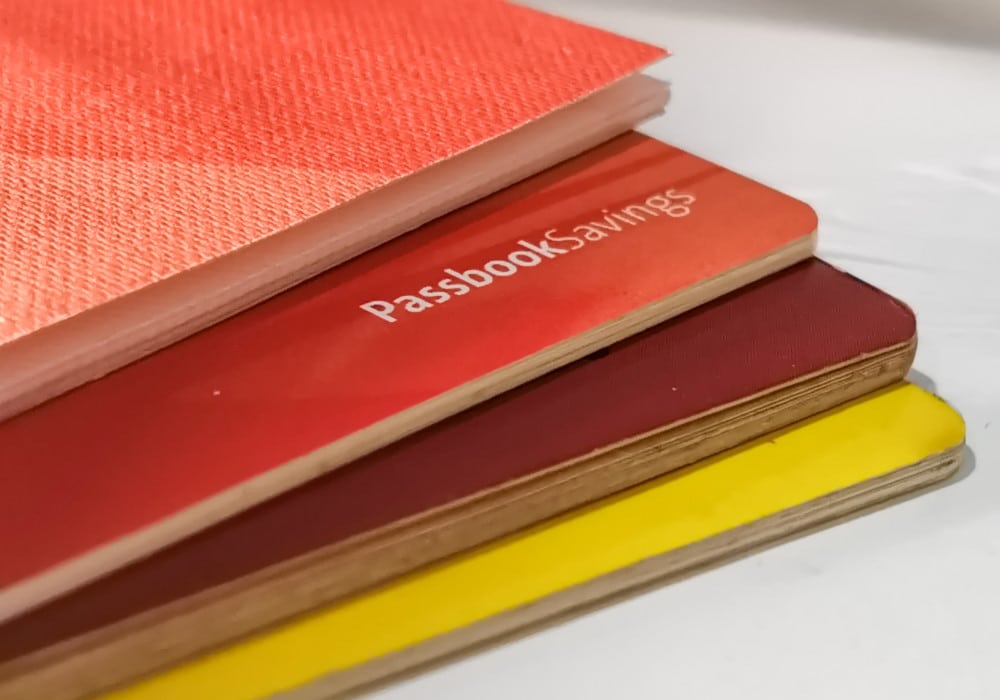
Car Fund
Whether you have a car now or are saving up for one, having a car fund or transportation fund is critical. First, you never know when you are going to have to do emergency service to your car, such as fix the windshield or change the breaks.
Therefore, it would be a smart decision to have a car fund set up and ready to go just in case. This can also work for people who take public transit. Say you miss the bus to your first day on the job and you are doing to be late.
The bus only comes every hour, so your only option is to take an Uber. By having a transportation fund set up, you can easily use that money to pay for your Uber without taking any money out of your other savings accounts!
Holiday Fund
After COVID-19 becomes a thing of the past, you better believe that my friends and I are hitting up an all-inclusive vacation for a couple weeks, the first chance we get! Vacations can be expensive!
So having a separate account that can fund your airway, hotels, and spending cash for the trip without dipping into any other savings accounts is the financially smart thing to do!
Put a couple hundred dollars away here and there and spoil yourself with a vacation! If the year 2020 has taught me anything, it’s that life is too short to be spending it inside doing nothing!
Home Fund
Depending on where you live in the world, I think we can all agree that housing is dang expensive in most areas and so is rent!
So, you want either be saving up to buy your own house or have money in a separate saving account for house expenses such as a new roof, new furniture, or garage door again without dipping into your other savings!
Emergency Fund
We’ve already talked about this. Having an emergency fund is essential. Whether for your kids, pets, home, you name. It’s critical to have a fund that is there just in case.
You never know what could go wrong, and it is always better to be safe than sorry, so don’t take any chances with this!
Entertainment Fun
Now you know we can’t leave the entertainment fund out! This fund is perfect for birthday gifts, nights out with your friends, dinner dates, shopping, you name it!
By setting aside a specific amount for all celebratory events, not only helps you be more in tune with your spending habits on extras in life, but it will also help you budget better in the long run so you can do more fun things by strategically budgeting each event you go to.
How to Decide How Much Money Goes Where?
This, of course, is ultimately up to you and how much you make per month. As a rule of thumb, you are going to want to have all your bills paid and still be able to put some money away into each savings account per month.
You are more than welcome to prioritize some accounts over others by contributing to the account every second month, for example.
I suggest sitting down and writing out what your monthly payment is, subtracting your bills, and then working to figure out where you want the rest of your money to go.
Remember, you want to be saving money, not breaking even, so it’s essential to get as detailed as possible when making your budgeting plan.
Final Thoughts
As you can see, having multiple bank accounts for budgeting is a great way to stay even more organized with your budget. The more organized you are, the more likely you will stay on track with your savings goals without getting lost in the shuffle.
Remember to prioritize what goals are important to you and make sure that you are not breaking even every month in terms of your finances. If this happens, you are putting too much focus on individual accounts, and you may need to scale it back a bit.
Make sure to at the very least have separate savings account for emergencies and another for your regular savings. You can decide how many different accounts you have based on what you feel is necessary.
It’s great to have a couple, but going overboard with the number of accounts you have may be too difficult and cause you to be unmotivated in terms of your monthly savings goals. And there you have it, my friends, another financial blog down!
Tune in next time for some more tips and tricks on being more financially intelligent and organized when it comes to saving. Bye for now, my friends –It’s been a slice!

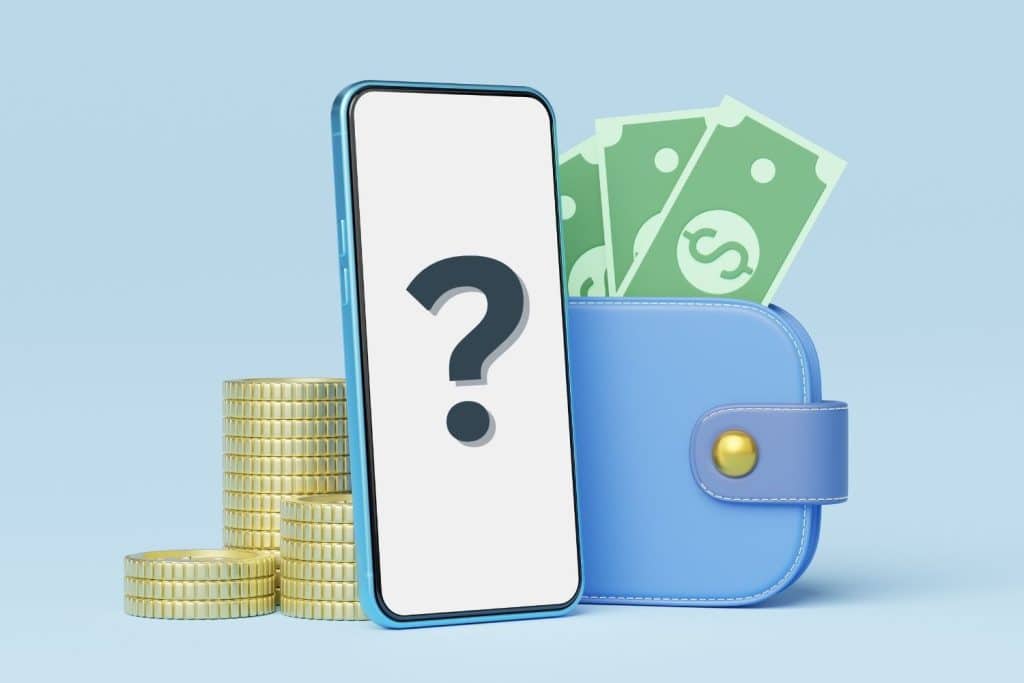
![How to Move Out with No Money [10 Things You Must Do]](https://mamalovesmoney.com/wp-content/uploads/2022/09/moving-out-with-no-money-1024x768.jpg)

